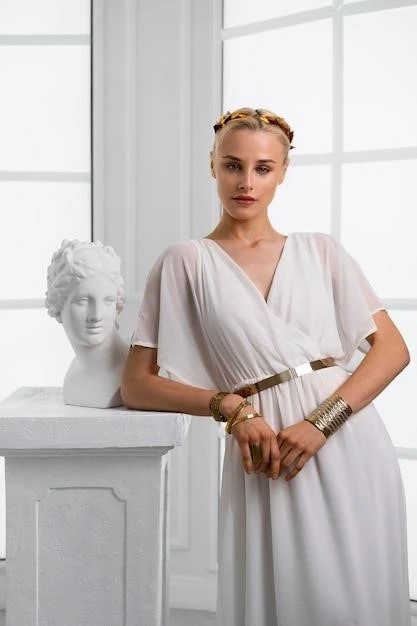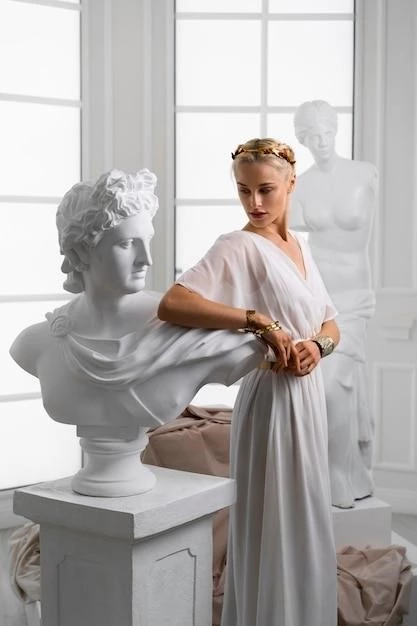My Journey Through the Pantheon of Greek Mythology
As a lifelong fan of stories and legends, I’ve always been drawn to the captivating world of Greek mythology. It’s a realm teeming with powerful gods, brave heroes, and terrifying monsters, all intertwined through epic tales of love, loss, betrayal, and triumph. Recently, I decided to delve deeper into this fascinating subject, going beyond the familiar names like Zeus and Hercules to uncover the rich tapestry of characters that populate the Greek pantheon.
The Olympians: A Family Drama of Divine Proportions
My journey began, as it should, with the Olympians, the twelve major deities who resided on Mount Olympus. These weren’t your typical, perfect gods; they were flawed, complex characters, driven by passions and desires just like us mortals, albeit with a lot more power at their disposal!
There’s Zeus, the king of the gods, known for his thunderbolts and his, shall we say, wandering eye. His wife, Hera, queen of the gods, is a majestic figure, often associated with marriage and family, but also known for her jealous rages, particularly towards Zeus’s numerous lovers. Their tumultuous relationship, filled with both love and strife, forms the backbone of many mythological narratives.
Then there are their children: the mighty Athena, goddess of wisdom and strategic warfare; the radiant Apollo, god of music, poetry, and the sun; the fierce Artemis, goddess of the hunt and protector of women; the handsome Ares, god of war, often depicted as impulsive and bloodthirsty; the captivating Aphrodite, goddess of love and beauty; the skilled Hephaestus, god of fire and the forge; the swift Hermes, messenger of the gods, known for his trickery and cunning; and the enigmatic Hestia, goddess of the hearth and home, often overlooked but representing the vital importance of family and community.
Rounding out the twelve is Poseidon, ruler of the seas, a powerful and tempestuous god often depicted with his trident, capable of both great benevolence and terrifying wrath. His domain, the vast and mysterious ocean, mirrored his unpredictable nature.

Beyond Olympus: Exploring the Depths of the Pantheon
However, the Greek pantheon extends far beyond the twelve Olympians. As I ventured deeper, I encountered a fascinating array of primordial deities, Titans, nymphs, and monsters. Each had their role to play in the grand tapestry of Greek mythology.
- I learned about the Titans, the generation of gods before the Olympians, ruled by the mighty Cronus. Their epic struggle for dominance, the Titanomachy, was a tale of cosmic proportions.
- I encountered Hades, ruler of the underworld, often misunderstood as a fearsome and cruel god, but in reality a solemn and just figure, responsible for guiding souls to the afterlife.
- I delved into the stories of the nymphs, nature spirits who inhabited various aspects of the natural world, from forests and mountains to rivers and springs, embodying the beauty and power of the natural world.
- And of course, I couldn’t forget the terrifying monsters: the fearsome Medusa with her gaze that could turn men to stone; the monstrous Minotaur, trapped in the labyrinth; the three-headed Cerberus, guardian of the underworld; and the multi-headed Hydra, each head capable of regrowing after being severed.
The Enduring Legacy of Greek Mythology
As I explored the world of Greek mythology, I realized it wasn’t just about fantastical stories; it was a reflection of the ancient Greeks’ understanding of the world, their values, their fears, and their aspirations. The gods and goddesses, despite their divine powers, mirrored human emotions and struggles. They fell in love, experienced jealousy, fought for power, and faced loss and sorrow.
The myths served as cautionary tales, teaching valuable lessons about courage, humility, the importance of family, and the consequences of hubris. They provided explanations for natural phenomena, from the cycle of the seasons to the existence of echoes. They offered a framework for understanding the human condition, our place in the universe, and the mysteries of life and death.

My Personal Connection
Through my exploration, I found myself connecting with certain figures more than others. I admired Athena’s wisdom and strategic mind, Artemis’ independence and connection to nature, and Hermes’ quick wit and adaptability. Their stories resonated with me, offering inspiration and guidance, even though they were born from a culture that existed thousands of years ago.
Greek mythology, I realized, is far from a dusty collection of ancient tales. It’s a living, breathing entity, its influence woven into the fabric of Western literature, art, language, and thought. It continues to captivate and inspire, offering timeless lessons and reminding us of the power of storytelling and the enduring allure of the unknown.










